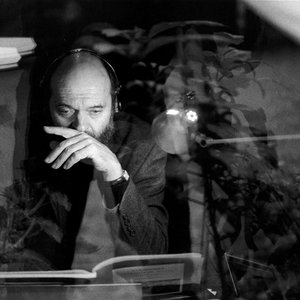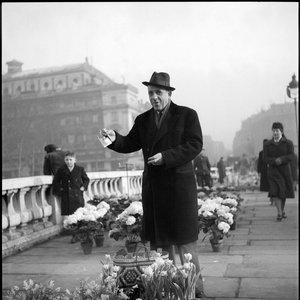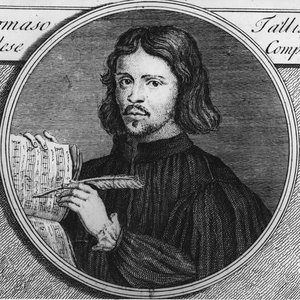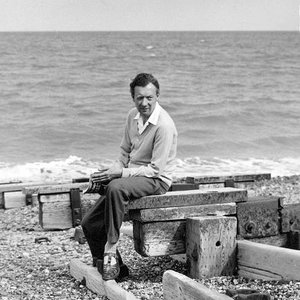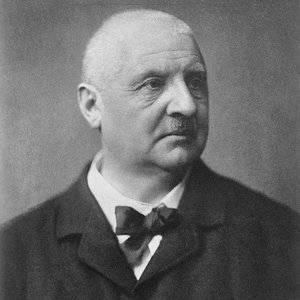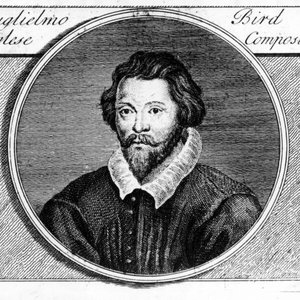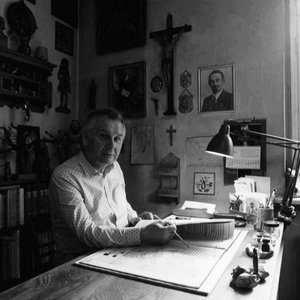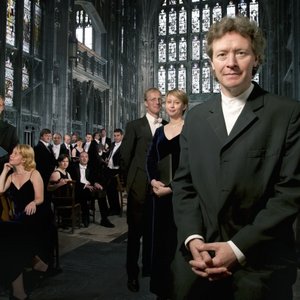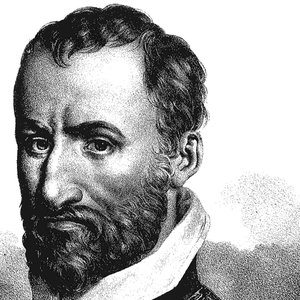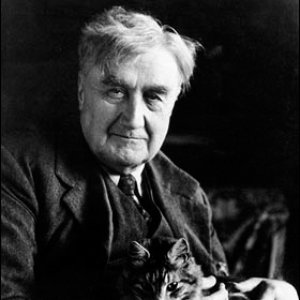Biography
-
Born
28 January 1944
-
Born In
Wembley, Brent, London, England, United Kingdom
-
Died
12 November 2013 (aged 69)
British composer John Tavener (born 28 January 1944 in Wembley, London, died 12 November 2013 in Dorset) was a direct descendant of the sixteenth century composer John Taverner. He attended Highgate School (where a fellow pupil was John Rutter) and later studied at the Royal Academy of Music, where his tutors included Sir Lennox Berkeley. He first came to prominence in 1968 with his dramatic cantata The Whale, based on the Old Testament story of Jonah. It was premièred at the London Sinfonietta's début concert and later recorded by Apple Records. The following year he began teaching at Trinity College of Music, London. Other works released by Apple included his Celtic Requiem. In 1977, he joined the Russian Orthodox Church. Orthodox theology and Orthodox liturgical traditions became a major influence on his work. He was particularly drawn to its mysticism, studying and setting to music the writings of Church Fathers such as St John Chrysostom.
One of Tavener's most popular and frequently performed works is his short unaccompanied four-part choral setting of William Blake's The Lamb, written for his nephew, Simon, on his third birthday one afternoon in 1982. This simple, homophonic piece is usually performed as a Christmas carol. More important, however, were his explorations of Russian and Greek culture, as shown in "Akhmatova Requiem" and "Sixteen Haiku of Seferis". Later prominent works include The Akathist of Thanksgiving (1987, written in celebration of the millennium of the Russian Orthodox Church); The Protecting Veil (first performed by cellist Steven Isserlis and the London Symphony Orchestra at the 1989 Proms); and Song for Athene (1993, memorably performed at the funeral of Diana, Princess of Wales in 1997). Following Diana's death he also composed and dedicated to her memory the piece Eternity's Sunrise, based on poetry by William Blake.
It has been reported, particularly in the British press, that Tavener left Orthodox Christianity to explore a number of other different religious traditions, including Hinduism and Islam, and became a follower of the mystic philosopher Frithjof Schuon. While he in recent years incorporated elements of non-Western music into his compositions, Tavener remained an Orthodox Christian though his brother, Roger, tended towards Sufi. In 2003 he composed the exceptionally large work The Veil of the Temple, based on texts from a number of religions. It is set for four choirs, several orchestras and soloists and lasts at least seven hours. The 2004 premier of his piece 'Prayer of the Heart' written for and performed by Björk, was featured on CD and incorporated as the soundtrack to Jake Lever's powerful installation 'Centre + Circumference' (2008, Wallspace, All Hallows on the Wall, City of London).
While Tavener's early music was influenced by Igor Stravinsky, often invoking the sound world of the Requiem Canticles and A Sermon, a Narrative and a Prayer, his recent music is more sparse, uses wide registral space and is usually diatonically tonal. Some commentators see a similarity with the works of Arvo Pärt, from their common religious tradition to the technical details of phrase lengths, diatonicism and colouristic percussion effects, though the similarities between their outputs are quite superficial. Olivier Messiaen has also been suggested as a strong influence on his earlier work.
Tavener suffered from the hereditary Marfan Syndrome for much of his adult life, and died peacefully at his home in Dorset on 12 November 2013.
Artist descriptions on Last.fm are editable by everyone. Feel free to contribute!
All user-contributed text on this page is available under the Creative Commons Attribution-ShareAlike License; additional terms may apply.

